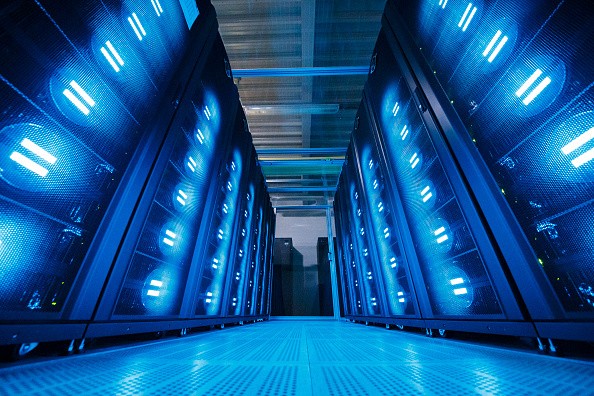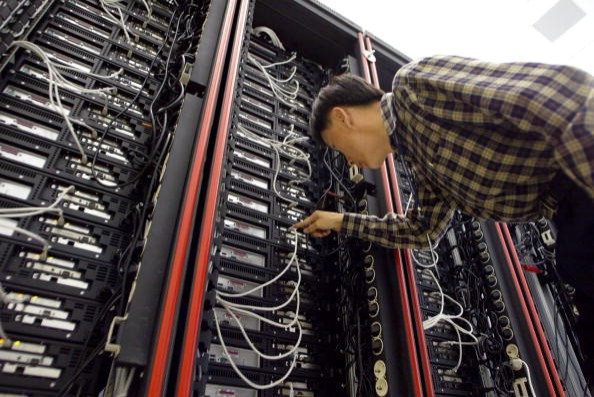The U.S. economic blacklist discovers some advanced Chinese supercomputers that are accused of collecting sensitive info. Some United States officials claim that these technologies could affect national security.

According to CNBC's latest report, seven Chinese supercomputing entities were added by the Commerce Department to a U.S. economic blacklist previously Thursday, Apr. 9. Reuters reported that the department accused seven Chinese entities. Here are the following:
- the National Supercomputing Center Shenzhen
- the National Supercomputing Center Zhengzhou
- the National Supercomputing Center Wuxi
- Tianjin Phytium Information Technology
- Sunway Microelectronics, the National
- Shanghai High-Performance Integrated Circuit Design Center
- the National Supercomputing Center Jinan
Why these Chinese supercomputers are alarming
The Commerce Department claimed that these supercomputers could also be linked to China's military weapons and modernization efforts.

Aside from these, various U.S. officials added that these advanced computers might have also been collecting sensitive details. However, they did not confirm if the supercomputers target normal citizens or big organizations.
"Supercomputing capabilities are vital for the development of many - perhaps almost all - modern weapons and national security systems, such as nuclear weapons and hypersonic weapons," said Gina Raimondo, the U.S. Secretary of Commerce.
Why the U.S. is concerned
The Department of Commerce explained that these supercomputers could spy on various U.S. technologies and use the stolen info to improve their military efforts.
Previously, there were also a dozen Chinese tech manufacturers added to the U.S. economic blacklist. These include SZ DJI Technology Co Ltd., Huawei Technologies, SMIC, and more.
Right now, the Chinese Embassy hasn't released any statement regarding the identified supercomputers. If you want to know more details, all you need to do is click this link.
For more news updates about the alleged Chinese supercomputers and other security issues, always keep your tabs open here at TechTimes.
Related Article : US Police Depts Allegedly Use Clearview AI's Tool to Search Millions of Americans' Faces
This article is owned by TechTimes
Written by: Giuliano de Leon
ⓒ 2025 TECHTIMES.com All rights reserved. Do not reproduce without permission.




